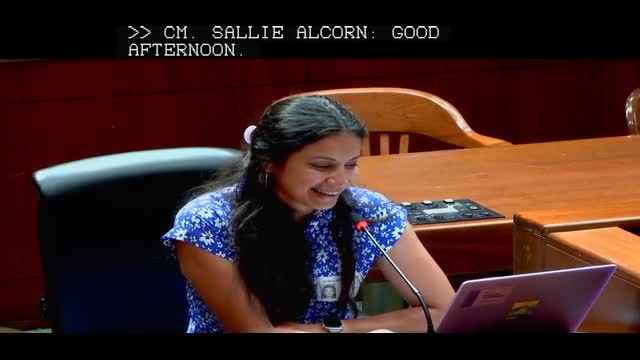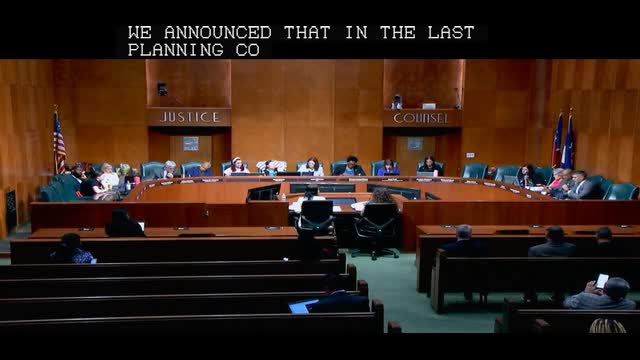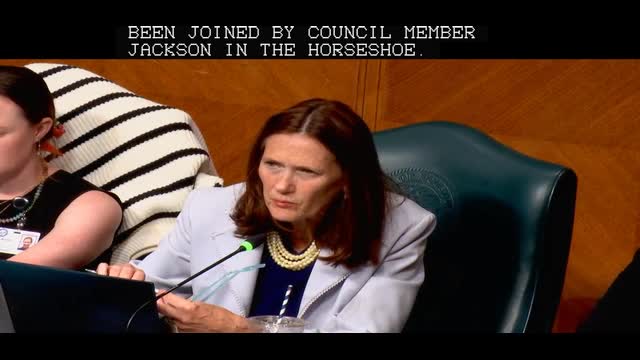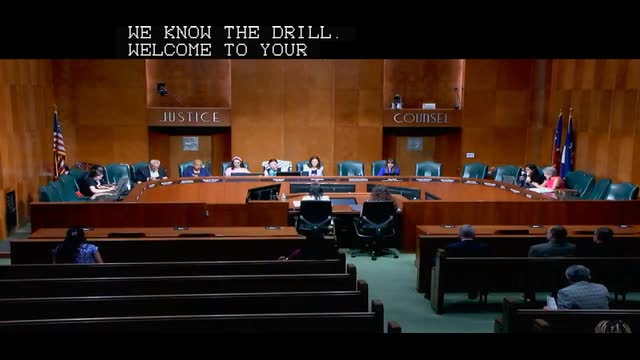Article not found
This article is no longer available. But don't worry—we've gathered other articles that discuss the same topic.

Bayou City Waterkeeper urges Planning Department not to trade thorough environmental review for efficiency

Houston planning department exploring AI for front‑desk inquiries and future plan review

City pauses broad truck-route plan; Cetegast pilot yields targeted signage recommendations

